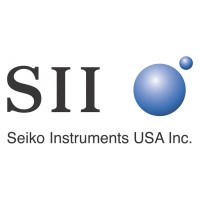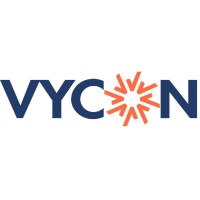
Seiko Instruments USA, Inc.
Seiko Instruments Inc. (represented in the U.S. by Seiko Instruments USA Inc.) is a manufacturing organization historically responsible for the design and production of timepieces that established the SEIKO brand name. They currently manufacture and market a wide variety of other products such as electronic components, scientific instruments, information systems, communication products, machine tools and printers that are an outgrowth of watch making technology.






